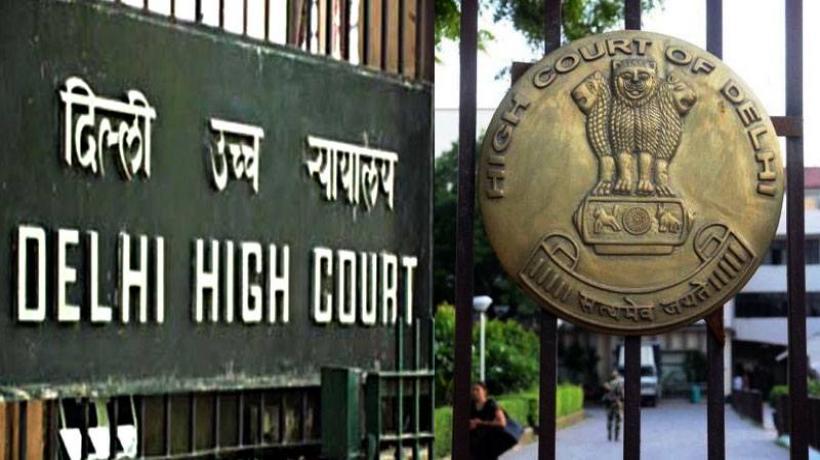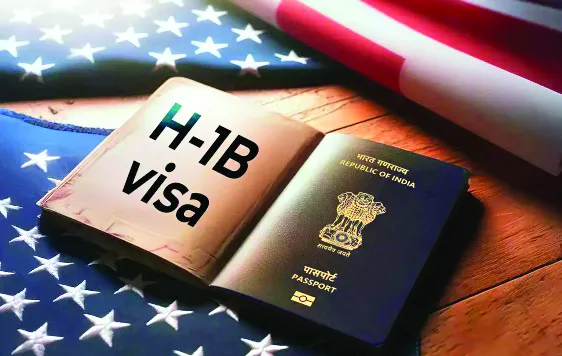The Delhi High Court in the case Ratul Puri v. Bank Of Baroda and Other Connected Matters observed and has quashed the decision of Bank of Baroda and Punjab National Bank wherein it declared the businessman Ratul Puri as a ‘wilful defaulter’ under the Master Circular on Wilful Defaulters, 2015, which is issued by the Reserve Bank of India, RBI.
The bench headed by Justice Purushaindra Kumar Kaurav in the case observed and has set aside the order passed by Bank of Baroda’s Review Committee last year on March 23 that confirmed the order passed by its Identification Committee which declared Ratul Puri as a Wilful Defaulter.
In the present case, Puri is the Chairman of Hindustan Power Projects Private Limited and the bank banks declared him as a wilful defaulter with respect to his association in another company, Moser Baer Solar Limited, as a result of which Puri was deprived from availing credit facilities for his prospective business enterprises. The court in the case observed and has set aside the similar order passed Punjab National Bank’s Review Committee on April 20 last year, wherein the bank declared the Puri as well as his mother, Nita Puri as a wilful defaulter.
It has been stated that the reasons which are assigned in the impugned orders were unsustainable.
Therefore, the court allowed the petition moved by the Puris.
The court in the case held that identification of a wilful defaulter has to be made while keeping in view the track record of the borrower and not on the basis of isolated transactions or incidents.
The court stated that it is required to be ensured that solitary or isolated instances are not made the basis for imposing the penal action under the Master Circular. Thus, the said requirement is cast in the Master Circular with an object to punish those borrowers who have not acted bonafidely which being in the interest of the business enterprise but made a concerted effort to divert borrowed funds.
Adding to it, the court stated that the banks in question were obligated to reflect upon the entire track record of Moser Baer Solar Limited, and then the court concluded that whether there existed events of Wilful Default and not on the basis of isolated transactions or incidents.
The bench of Justice Kaurav stated that it is incumbent upon bank, who are dealing with public funds and discharging a public duty in order to make appropriate enquiries as to whether a borrower is in genuine financial difficulty or whether there exist events of fraud and malfeasance.
Further, the court stated that if the lender banks find fraud or malfeasance, the CDR-EG must either refuse CDR completely or impose such additional onerous conditions as it has been provided in the CDR Scheme itself.
The counsel, Advocates Dayan Krishnan, Senior Advocate with Mr. Vaibhav Mishra, Mr. Karan Batura, Mr. Ekansh Mishra and Mr. Jayant Chawla appeared for the Petitioners.
The counsel, Advocates Mr. Chinmoy Pradip Sharma, Senior Advocate along with Mr. Kush Sharma, Standing Counsel and Mr. Nishchaya Nigam, Advocate (for Bank of Baroda); Mr. Sanjay Bajaj alongwith Mr. Shivam Takkar and Mr. Sarthak Sehgal represented the Punjab National Bank.

















